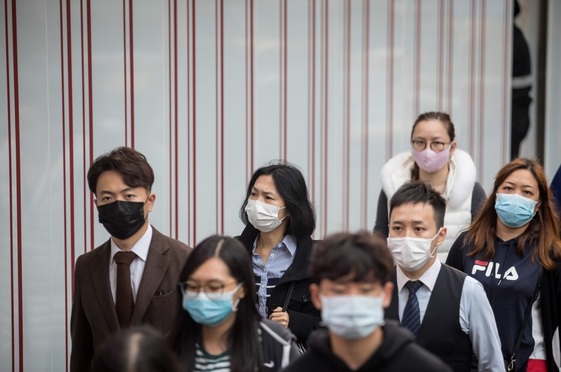- Banking and Finance Laws
- China Law News
- Labor Law
- Mergers and Acquisitions
- Private Equity and Venture Capital
In the News: COVID-19 Legal Advice; First Foreign Bad Loan Manager; and Economy Boosting Measures
February 23, 2020 | BY
Vincent ChowGlobal legal community rallies to support COVID-19 hit businesses with expert advice; China approves first foreign-owned asset management company following trade deal; and more measures introduced to kickstart faltering economy
Legal community rallies to advise COVID-19 hit businesses
As COVID-19 continues to spread in China with more than 75,000 cases and 2,400 deaths around the country, the global legal community has been quick to issue importance guidance and advice to businesses facing various issues from employment to contractual as a result of the outbreak. Businesses resuming operations must take necessary preventive measures under emergency rules and regulations issued by Chinese authorities, such as avoiding social or business events where people are gathered, as well as body temperature checks for all staff members, write Guangzhou-based Joyce Mu and Hong Kong-based Myles Seto, head of Deacons' China offices.
This premium content is reserved for
China Law & Practice Subscribers.
A Premium Subscription Provides:
- A database of over 3,000 essential documents including key PRC legislation translated into English
- A choice of newsletters to alert you to changes affecting your business including sector specific updates
- Premium access to the mobile optimized site for timely analysis that guides you through China's ever-changing business environment
Already a subscriber? Log In Now





